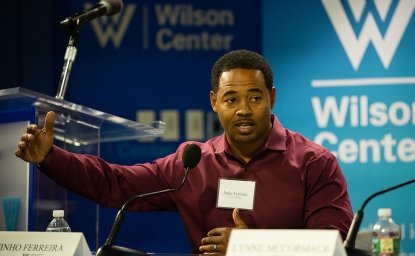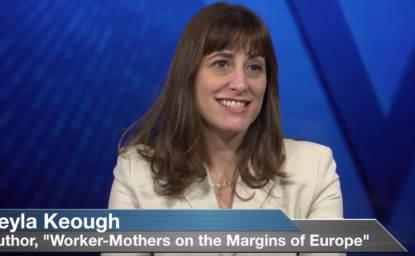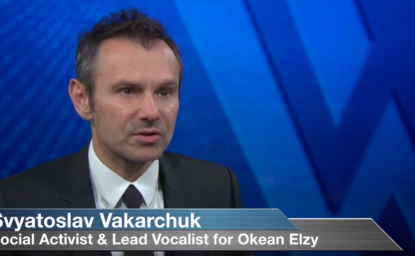For half a century, the U.S.-European alliance was fortified by the sense of a shared enemy. NATO stood on one side of the divide with the Warsaw Pact on the other. The focus of a shared mission was never in doubt. Twenty years after the fall of the Soviet Union and the end of the Cold War, old allies are still seeking a defining shared mission for the 21st Century. In his latest book,
The New Geopolitics of Transatlantic Relations: Coordinated Responses to Common Dangers, author
Stefan Froehlich develops a framework for future U.S.-Europe relations built around the search for meaningful and logical solutions to shared foreign policy problems. Even if they no longer share a singular mission, Froehlich believes that what Europe and the United States do have in common will provide the basis for collaborations that will be more than just occasional. He believes the transatlantic partnership is more crucial than ever, representing the only way to exert political and economic pressure on a reassertive Russia, a rising China, and other emerging countries to comply with the international rule of law and engage them in a shared responsibility for global leadership.
Stefan Froehlich is Professor for International Politics at the University of Erlangen-Nürnberg and a former Wilson Center Public Policy Scholar.
Is there still a common mission that defines Europe-U.S. relations?
What is the reaction to U.S. plans to close several military bases in Europe?
Assuming a diminished U.S. presence, how will the void be filled?
Where are the areas of most concern where instability is most likely?
What is the impact of so called "austerity" budgets on defense and security policy?
What would a reinvigorated alliance look like? What would be the glue that binds it together?








